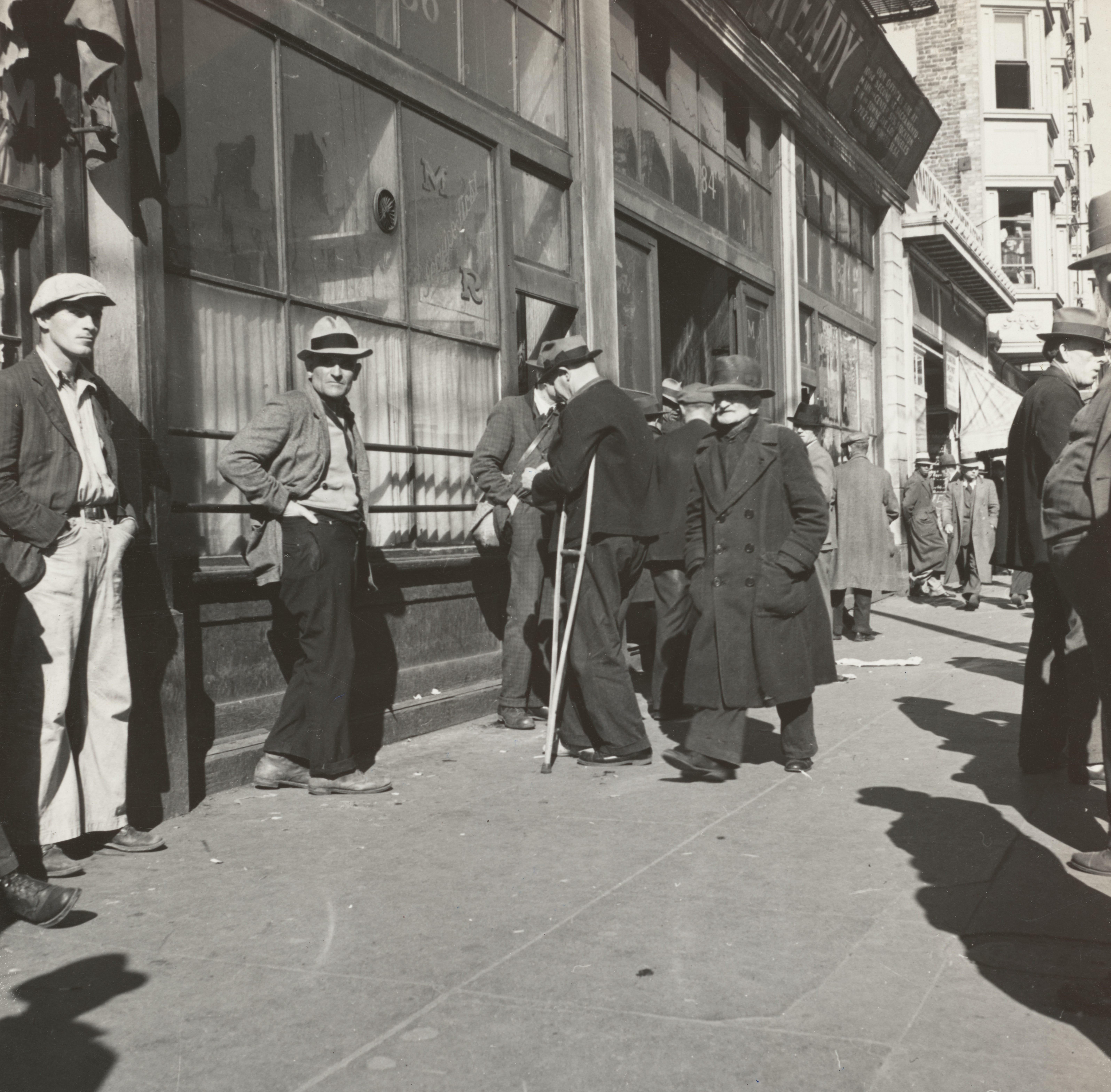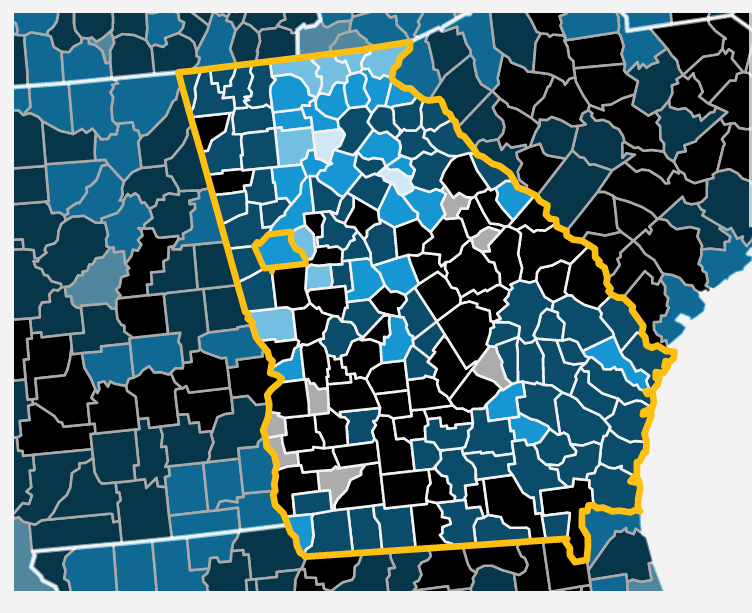Every day, you turn on the radio and listen to product advertisements. One of the major advertisers in the United States are debt consolidation companies. You see their ads on TV and hear them on the radio every day. They pop up in your facebook feed or in some google ad on the side of a webpage. They make fantastic claims about being able to reduce your debts and consolidate your debts into a manageable debt load like they have some kind of magic wand. It sounds like its too good to be true, and it often is. What they’re selling you costs money, lots of it. They make very good money on people’s need to be free of the burden of unmanageable debts. Most of these companies just consolidate your existing debt into another loan with a lower rate. When you’re already struggling, how are you going to make the payments on another, albeit potentially smaller loan.
Another reason why debt consolidation can be dangerous for those struggling financially is that using a lump-sum payment to reduce the balance on your credit cards means that there’s more money to spend on your credit cards and the cycle of debt often just starts over again. Debt consolidation loans can actually cause you to end up deeper in debt than you already were.
Debt consolidation is a temporary fix at best.
Consolidating or reducing your existing debts may feel better temporarily but it fails in one aspect. It doesn’t address the issue of having a substantial debt load still out there that is no longer sustainable with your current income. You’ll probably still have a very high debt to income ratio and you’ll probably still be spending a ton of your disposable income servicing this newly consolidated debt. Chapter 7 Bankruptcy can change that.
Chapter 7 proceedings can eliminate your debt, freeing you from it forever
Debt consolidators just change who you pay. Instead of having to write 10 small checks every month, you write one big one to a loan company. Sometimes, it feels good and gives you a false sense of security because you pay a lower interest rate or have lower monthly payments due to the loan being spread out over a longer period of time. The bottom line is though, you will still have to repay those debts in full.
In a Chapter 7 bankruptcy, those debts no longer impact your financial future. If you qualify for a Chapter 7 and successfully complete your bankruptcy proceedings, the result will be a discharge of your unsecured debts, such as credit cards, signature loans and medical debt.
Instead of being on the hook to repay thousands of dollars, you’ll have a blank slate that will free up more of your income for other expenses. You’ll also have an opportunity to rebuild a positive credit history. Instead of spending all your time worrying about bills and struggling to make monthly minimums, wouldn’t it be nice to be able to have the money every month to handle your finances responsibly and buy not just what you need but what you want as well. Contact the attorneys at Harmon and Gorove today to find out how we can help you get debt free.


